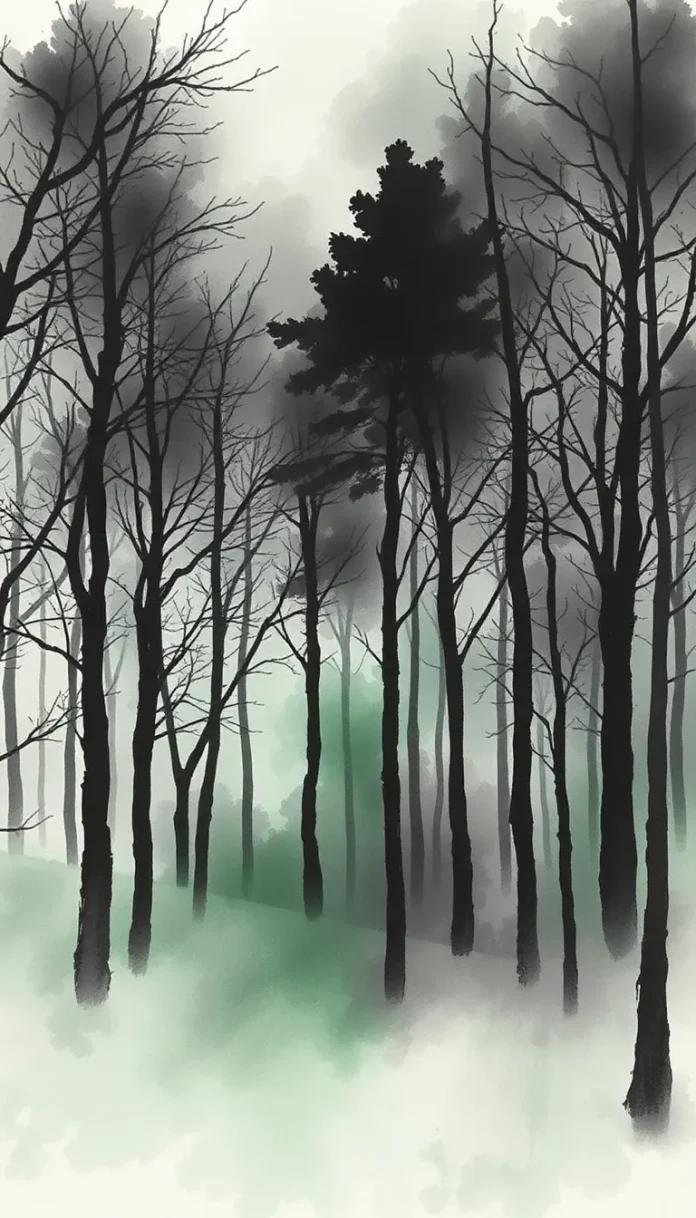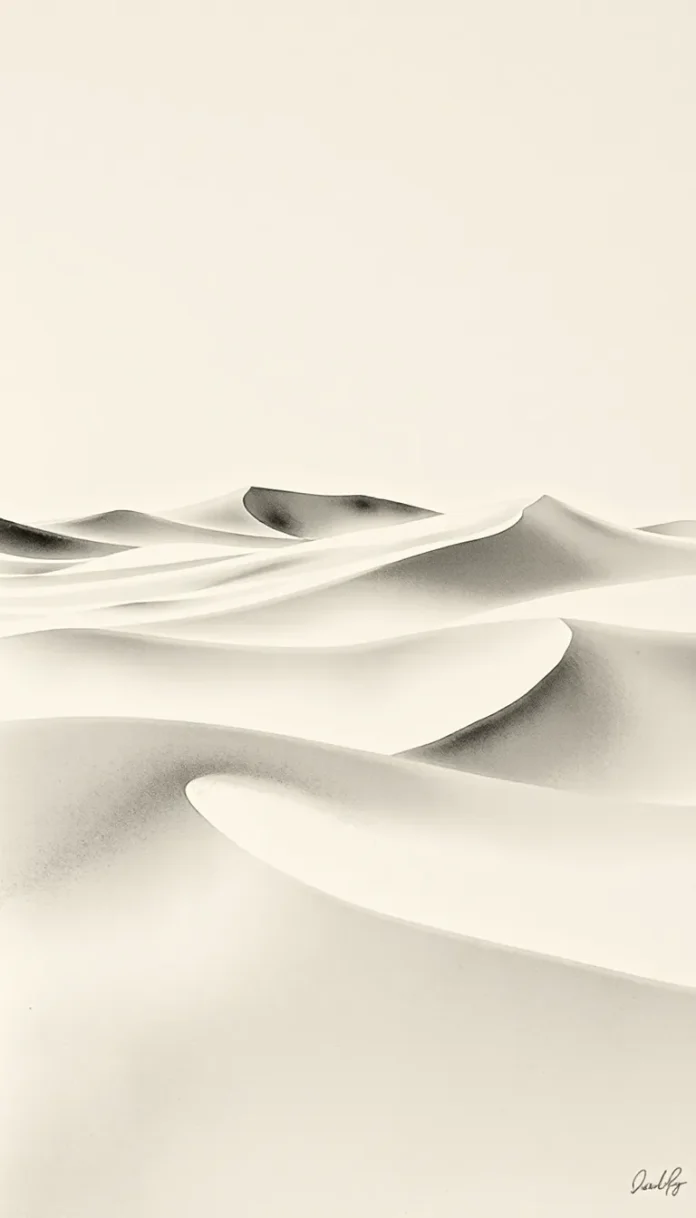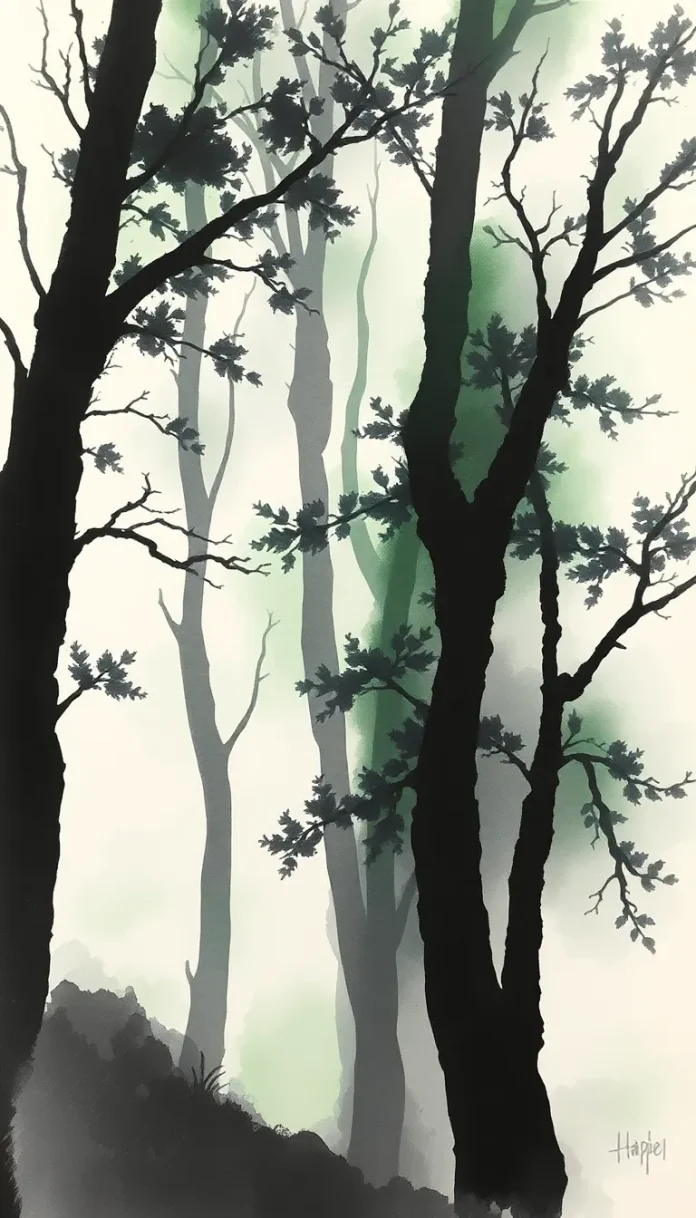Reflections of a Fleeting Hourglass
between whispers of antiquity and modern murmurs, the Observateur des vies brèves ambled. Cloaked in
murmuring twilight and in the solemn sobriety of memory, he was a solitary sentinel, watching
the ephemeral dance of lives beneath the indifferent sky of fate.
Oft he mused, as the lamplights cast trembling shadows upon weather-worn stone, that each life
was a delicate cascade of moments—brief, yet achingly significant—like petals scattering in the
vicious winds of mortality. In this realm, where past and present converged in allegorical splendor,
the soul of every passerby was a verse etched in the sprawling poem of existence.
I.
Under the penumbra of a gloaming sky, the Observateur wandered through districts where old
gables and modern facades stood in silent dialogue. In the quiet corners of a park plated with
fallen leaves, he encountered an aged bench—a relic of bygone eras—but still witness to the
tender transience of human affection. He sat there and listened to the murmurs of the wind, as if
it recounted stories of laughter, loss, and the relentless march of time.
“Herein lies the secret,” he thought in meditative soliloquy, “that every heart becomes a fleeting
echo in the vast auditorium of the past.” His eyes, deep wells of reflective yearning, traced the
lines of wrinkles upon the faces of weary travelers and found in them the unmistakable signature of
the human condition—each a testament to love once held, a dream once cradled, now rendered into
the quiet decay of memory.
II.
Upon entering the bustling marketplace, where the vibrant present clashed gently with the solemn
tales of yesterday, the Observateur attended to the trivial dramas of daily commerce. Yet, each
transaction, each hurried whisper and gentle apology carried undercurrents of fate. From the
hawker proclaiming his wares in a cadence reminiscent of an old ballad, to the coy smiles of passersby
lost in reverie, every moment was a transient note in the symphony of human existence.
A young street performer, lithe as a reed in the wind, recited verses about star-crossed years and
lamenting souls, his voice threading through the busy marketplace like a mournful hymn. The Observateur
listened, enchanted by the bittersweet confluence of art and life. In the beguiling passage between verse
and prosaic clamor, the observer witnessed a recurrent dialogue: the ephemeral essence of memory and
the unyielding current of human endeavor.
“Such is life,” he confided softly to a nearby young clerk manifesting both wonder and wistful despair,
“each breath a reluctant farewell to moments not to be reclaimed.” The clerk, peering from beneath
arches of time-worn eyes, offered but a quiet nod, as the busy world spun myriad silent stories
around them.
III.
Quiet moments led our Observateur to the ancient library, a temple of parchment and ink, holding
the scrawled remembrances of countless souls. Here, amid the dusty rows of books, the inscriptions
emic to memory whispered to him. He recalled, in an almost spectral monologue, the elusive nature
of human recollection—how each memory was a double-edged blade, carving away at the mysteries of
the present whilst inscribing the past with irreversible letters.
Within a secluded nook of the library, the fate-bound keeper of ancient tales, Monsieur Bertrand,
welcomed him. Over cups of tea dulled by the haze of reminiscence, they conversed in calm deliberation.
The conversation was a slow waltz of ideas:
“I cannot help but perceive,” said the keeper, his voice resonating with a timbre softened by years,
“that memory is both our sanctuary and our shackle. It enchants us with the beauty of forgotten days, yet
it is as inevitable as the unfolding of dusk at the close of a summer’s eve.”
“In every fleeting glance,” reflected the Observateur, “there lies a story destined to be enshrined in the
palimpsest of time. Yet, like the delicate frost that shimmers at dawn only to vanish with the rising sun,
our recollections are but transitory echoes.”
Their dialogue, steeped in timeless truths, evoked a sense of profound melancholy intertwined with a
fleeting joy, much like the fleeting blush of sunset reflected upon a river’s gentle bend.
IV.
That very eve, as the day yielded gracefully to night’s embrace, the Observateur overheard a solitary
figure pacing along a deserted lane—a poet, perhaps, bearing the sorrow and charm of forgotten versifiers.
The figure paused by a moonlit fountain, its waters murmuring an ode to the swirling mysteries of fate.
Here, beneath the attentive eye of the celestial orb, the poet softly recited:
“Yonder lies the mirror of our souls, where each reflection is but a memory undone;
In the rill of time’s embrace, our existence flutters like ivy on ancient stone.”
Captivated by the lyrical lament, the Observateur approached, his voice almost lost in the
murmur of the nocturne. “How do you sustain the flame of inspiration in this ceaseless passage of
fleeting instants?” he inquired.
The poet, with a weary but wistful smile, replied, “In the tapestry of human frailty, there is beauty,
if only one dares to see. Every tear, every whisper of regret, constructs a mosaic of indomitable
spirit. We, who observe and endure, become the custodians of beauty—a beauty wrought from the hands of
time itself.”
Thus, in that serendipitous dialogue, had the two kindred souls exchanged not merely words, but a
mutual understanding of their temporal plight. The poet disappeared into the labyrinth of midnight,
leaving behind a lingering sense of enigmatic possibility.
V.
Days turned into nights, and seasons cyclically unraveled their intricate embroidery over the city.
The Observateur’s continual quest to witness the passage of ephemeral lives deepened his understanding
of the human condition. In his quiet wanderings through the sprawling town square and beside the ancient
statues that chronicled past glories, he found subtle intersections between joy and sorrow—like the quiet
rain that pampers a forsaken rose.
There came a moment when, upon crossing a bridge under a silvered sky, he paused to gaze into the rippling
waters below. The current, a restless archive of stories, whispered secrets of those long vanished. In the
shimmer of reflected light, he beheld memories both bitter and sweet, interlaced with the cadence of lost
yesterdays. “In this mirrored domain,” he mused to himself, “lies the narrative of our transient pursuit for identity,
where every fleeting heartbeat is etched into the record of eternity.”
Amid the murmurs of the water and the silent hymn of the wind, a solitary dialogue was struck between his
inner self and the vast cosmos—a monologue on being both the observer and the observed:
“Am I but a seraph of memory, wandering these streets to collect the fragments of lives outlived; or am I
merely another lost whisper among the multitude, destined to merge with the ephemeral tide of oblivion?
In the interplay of shadow and gleam, I discern the eternal truth: that each of us, however brief our sojourn,
casts an indelible imprint on the parchment of time.”
VI.
As autumn deepened, the city itself became a living ode to the impermanence of existence. Faded murals
and half-remembered legends adorned the walls of abandoned alleyways, while ephemeral blooms in hidden
gardens celebrated a season of both grief and beauty. Each element, whether an ancient oak that had witnessed
centuries or a fleeting smile shared by a stranger on a rain-drenched afternoon, formed part of a larger,
unfolding elegy of life.
In one such hidden enclave, set apart from the hustle and bustle, the Observateur encountered a venerable
woman sitting by a grand piano abandoned by time. Her eyes, reflecting the melancholic gleam of old memories,
spoke of countless decades of silent wonder. Over the soft strains of a forgotten melody played by her trembling
fingers, she recounted a tale to him—a monologue of reminiscence and hope:
“Once, beneath a shimmering veil of stars, I danced with dreams so fragile they slipped through my grasp like
the finest silver threads. But in every lost step and every whispered farewell, I gathered a luminous spark.
Now, though the days are few and the nights stretch into endless corridors, I kindle this fire of remembrance,
for it is our only gift to the perpetuity of time.”
Struck by the profundity of her recollections, he in turn shared his own silent vigil of observing lives
briefly lived and the poignant beauty of memories etched in the soul: “We walk in the interstice of hope and
loss, the boundary where fleeting moments shimmer like dew upon a sunrise. And in our shared journey, perhaps
there lies the quiet reconciliation of being.”
VII.
As the tapestry of time wove on, our Observateur continued his pilgrimage along streets where echoes of
past glory mingled with the pulse of present dreams. His days were an ongoing testament to a relentless
exploration of the self and the world—a sojourn in pursuit of ephemeral wisdom. In the private solace of
a modest attic room overlooking the ancient district, he recorded his reflections in a journal filled with
ink and the dusty scent of faded parchment. Each entry was a lyrical sonnet, a quiet reverie of lives encountered
and moments that had slipped like the whisper of a sigh.
One scribbled passage read: “May our memories be not burdens of sorrow but lanterns that illuminate the midnight
of uncertainty. For all that we gather in the ephemeral embrace of time shall one day become the chronicled verse of
our souls—a mosaic of light and shadow, where the transient nature of life is celebrated rather than mourned.”
Yet, as he inscribed these meditations, a persistent question haunted him—a question as elusive as the mists
that shrouded the moors during early dawn: What is the nature of remembrance when the very act of can recollection
is destined to fade like a mirage on a hot summer’s day?
VIII.
Even as the seasons whispered their inevitable adieu to the vibrancy of life, the city itself maintained a
dual nature—ever moving, yet steeped in legacy. In the interplay of modern rustication and the poetry of yore,
the Observateur observed the interplay of firelight and shadow on cobblestone lanes, each flicker a metaphor
for a soul’s brief encounter with eternity. Without fanfare, he ventured into a desolate atelier where faded portraits
of ancestors, their eyes imbued with silent wisdom, gazed into the distance as if beckoning him to partake in their
unspoken saga.
Along a narrow corridor adorned with remnants of a once-glorious mural, he found a solitary journal left behind
by an unknown poet. Leafing through its pages, he discovered musings on the nature of memory—a conversation between
the poet and the relentless march of time. One passage resonated deeply:
“Let us embrace the transience,
For each moment is an evanescent bloom.
Even as the dusk consumes our ephemeral
rhapsody, within our hearts, a light endures.”
The verses, like an elegiac testament, stirred in him the realization that memory is not solely a remembrance
of what was, but a ceaseless dialogue with what could yet be—a luminous possibility that neither entirely
forsakes the past nor fully reserves the future.
IX.
As twilight reigned supreme, our Observateur, through his many wanderings and quiet encounters, became a keeper
of secrets woven into the fabric of time. In the gentle rustling of the leaves in an overlooked courtyard, in the
soft cadence of rain against ancient windows, he perceived that every heartbeat, no matter how brief, was an
unfurling chapter in the epic tale of existence.
Yet somewhere in the recesses of his mind, a question lingered: Was he merely a silent witness to the fleeting
symphony of human endeavor, or did his own heart partake in a grand act of creation? In the stillness of a moonlit
moment, he recalled a conversation with a thoughtful young philosopher in a quiet library alcove:
“Do we not also inscribe our own verses into the annals of time?” the philosopher had mused.
With a gentle smile, the Observateur replied, “Indeed, as the transient notes of our lives converge,
they compose an ever-unfinished melody—a lullaby of existence, both beautiful and ineffable.”
Thus, as he stood on the threshold of yet another evening, gazing upon the interplay of light and shadow on
the city’s ancient walls, he could not help but wonder if his own narrative was but a single, fleeting stanza
in the endless poem of humanity. For every life, no matter how brief, contributes to the eternal fabric of mystery
and wonder—a legacy not of permanence but of perpetual becoming.
X.
In the concluding hours of that indeterminate night, the Observateur ascended to the highest tower of a
storied edifice where the city unfurled below like a living tapestry of hopes and regrets. From this exalted perch,
he beheld the sprawling mosaic of lives—a vivid panorama of passion, loss, and the indefatigable quest for identity.
The city, in all its vibrant contradictions, seemed ever poised between remembrance and oblivion.
It was here, perched amidst the whispering winds of fate, that he softly reflected into the ether, “Are we, the
witnesses of ephemeral moments, not also the makers of our destiny? In the continuous act of remembrance, do we not
forge a resilient chain that binds the past to the present, and, perhaps, to an unknowable future?”
Even as his thoughts meandered toward the boundaries of the philosophical, a faint melody of hope laced the air,
resonating with the chorus of secrets held by the ancient stones and the luminous pulse of memory. An elusive
clarion call urged him onward, as though the city itself beckoned him to continue his gentle pilgrimage through
the annals of time.
XI.
The night yielded to the soft blush of dawn, and as the first rays of light caressed the weathered facades of
Place animée d’antan et d’aujourd’hui, the Observateur descended from his tower. His eyes, now reflections of a
heart both heavy and exalted, carried with them the vivid recollections of myriad lives—each a fleeting vignette
in the vast epic of the human condition.
No finality gripped his soul, for his journey was not one of conclusive destination but of eternal inquiry.
Every interaction, every whispered secret of the souls he encountered, unfurled like a delicate, unfinished refrain,
echoing the immortal truth that memory, in its elusive dance, forever binds the ephemeral with the eternal.
The city’s heart, beating in synchrony with the gentle thrum of human endeavor, pulsed on into the brilliance of
a burgeoning day. And as he walked along the avenues, the Observateur des vies brèves carried his own silent
epitaph—a tender amalgamation of joy and sorrow, of transience and luminous hope.
For now, his story, like so many others etched into the mosaic of time, remained an open elegy—a living, unwritten
chord in the infinite symphony of existence. The future lay ahead, cloaked in both mystery and possibility, awaiting the
next verse to be inscribed in the ever-churning annals of memory.
And so, beneath skies both ancient and ageless, where the cadence of the past entwined with the breath of the present,
the journey continued—a perpetual odyssey of the heart, an endless exploration in the realm of fleeting lives and the
echoing resonance of time.


